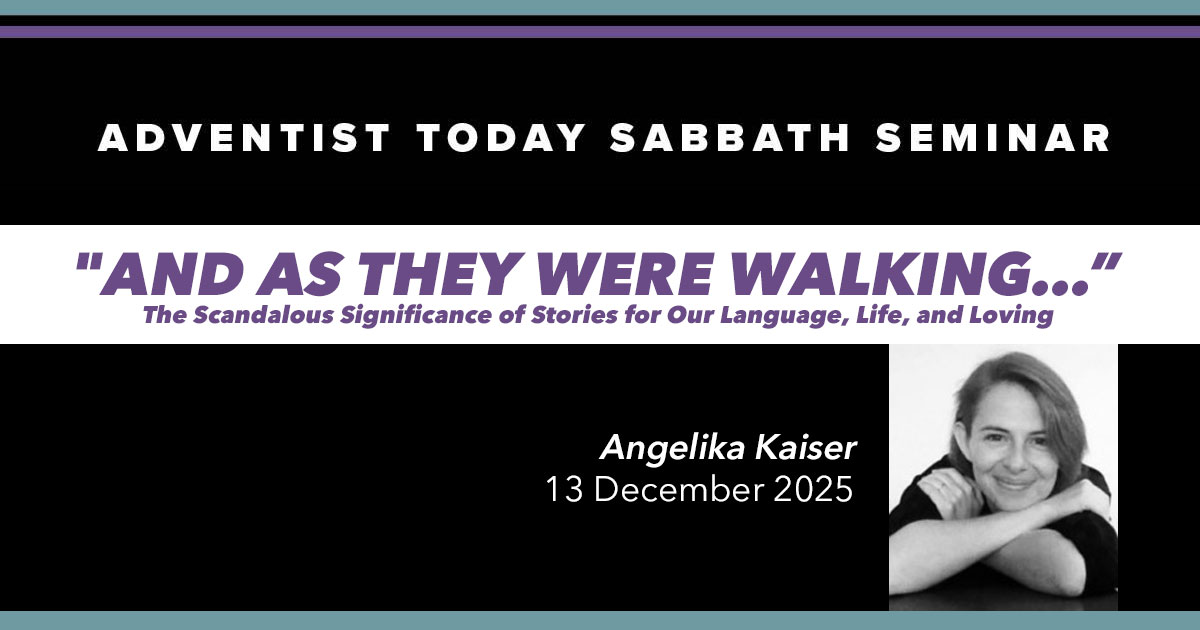
10 December 2025 | Novelist Isak Dinesen wrote, “To be a person is to have a story to tell… To tell a story, somebody has to listen.” Stories shape us. They hold power — how we communicate, how we understand ourselves, see the world, and reflect on God. From Abraham and Isaac to the parables […] Source: https://atoday.org/atss-angelika-kaiser-and-as-they-were-walking-the-scandalous-significance-of-stories-for-our-language-life-and-loving/

 (
(

